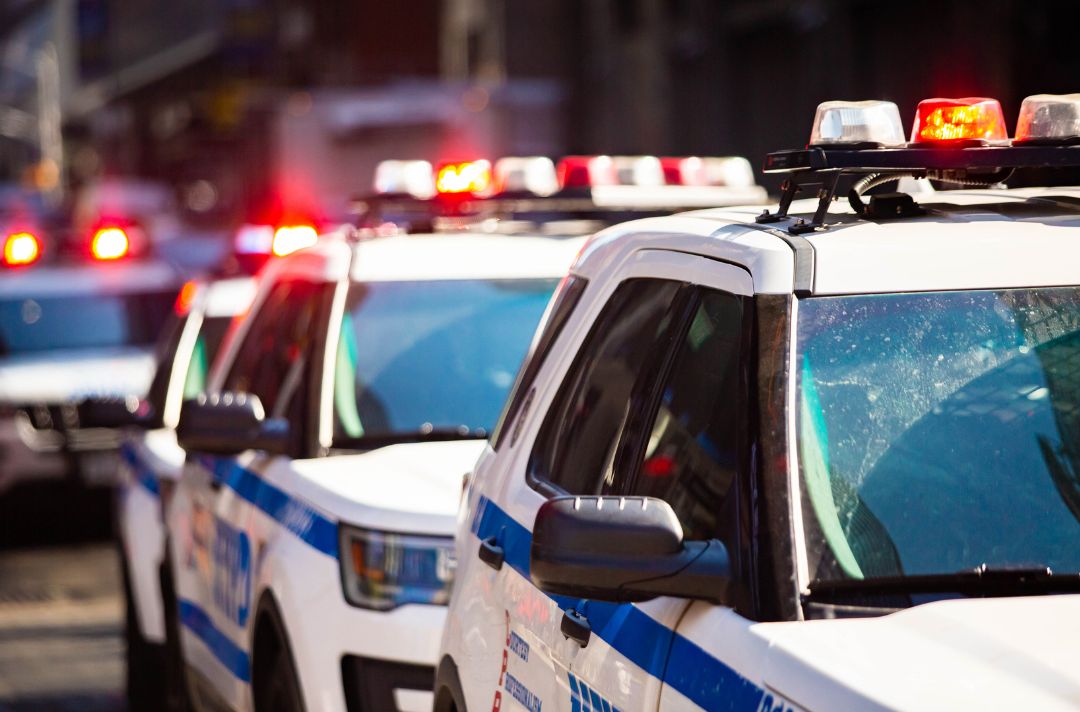
Understanding the Federalization of the DC Police
In a significant development for the District of Columbia, President Donald Trump announced on August 11, 2025, that he is placing the Metropolitan Police Department (MPD) under direct federal control. This move, invoked under Section 740 of the DC Home Rule Act, has sparked widespread debate about local governance, public safety, and individual rights. As a law firm dedicated to aggressively and vehemently protecting the rights of individuals in DC, Ervin Kibria Law is here to break down what this order means for residents and visitors alike. We’ll also provide practical guidance on what to do if you’re stopped by police in the District.
What Is the DC Home Rule Act and Section 740?
The DC Home Rule Act of 1973 grants Washington, DC, limited self-governance, allowing residents to elect a mayor and city council while maintaining federal oversight by Congress and the President. This reflects DC’s unique status as a federal district, where ultimate authority rests with the national government.
Section 740 specifically empowers the President to utilize the MPD for “federal purposes” deemed necessary and appropriate. On August 11, President Trump invoked this provision through an executive order, declaring a “crime emergency” in the District. This places the MPD under the command of the U.S. Attorney General, currently Pam Bondi, effectively federalizing local policing operations. The order also authorizes the deployment of 800 National Guard troops and 500 federal agents to patrol the city, aiming to address rising crime concerns.
This federal takeover is initially limited to 30 days but could be extended via a joint resolution from Congress. President Trump has indicated he may seek longer-term control, potentially shifting DC’s policing landscape for an extended period.
What Does Federalization Mean for Residents and Visitors?
For DC residents, this order represents a temporary erosion of the local home rule. Normally, the MPD operates under the direction of Mayor Muriel Bowser and Chief Pamela Smith, focusing on community-oriented policing tailored to the District’s needs. Under federal control, decision-making shifts to federal authorities, which could lead to more aggressive enforcement strategies, such as increased checkpoints, patrols, and arrests targeting violent crime, homelessness, and other issues highlighted by the administration.
Visitors to the nation’s capital, whether tourists, business travelers, or protesters, may notice a heightened law enforcement presence. Federal agents and National Guard troops could supplement or even lead operations, potentially resulting in more frequent stops, searches, and interactions with police. Early reports indicate over 100 arrests in the first few days, underscoring a rapid escalation in enforcement.
Critics, including DC’s Attorney General Brian Schwalb and Delegate Eleanor Holmes Norton, argue this is an overreach that undermines local democracy and could disproportionately affect marginalized communities. Proponents, however, view it as a necessary step to restore safety, citing the administration’s promise to make DC “the toughest law enforcement in the country.”
Importantly, while the chain of command changes, your constitutional rights do not. The Fourth Amendment protections against unreasonable searches and seizures, the Fifth Amendment right to remain silent, and other safeguards remain in place, whether dealing with local MPD officers or federal agents.
What Can You Do If You’re Stopped by Police in DC?
Encounters with law enforcement can be stressful, especially in a heightened policing environment. Knowing your rights is crucial to protecting yourself. Here’s a step-by-step guide based on established legal principles:
- Stay Calm and Compliant: Politely identify yourself if asked, but avoid unnecessary movements that could be misinterpreted. Do not run or resist, as this could escalate the situation.
- Know Your Rights to Remain Silent: You have the right to remain silent under the Fifth Amendment. Clearly state, “I am exercising my right to remain silent,” and request an attorney. Avoid answering questions beyond basic identification without legal counsel present.
You can ask, “Am I free to go, officer?” If they say yes, then calmly proceed onwards to your destination. If the answer is “NO” or anything that is not “Yes, you are free to go,” then stay silent. Do not answer any questions, and politely inform them that they should proceed as they must and you will not say anything without an attorney.
- Do Not Consent to Searches: Police may ask for permission to search your person, vehicle, or belongings. You have the right to refuse unless they have a warrant or probable cause. Politely say, “I do not consent to any searches.”
- Ask If You’re Free to Leave: If it’s not clear whether you’re being detained, ask, “Am I free to go?” If yes, calmly walk away. If detained, you have the right to know why.
- Record the Interaction: In DC, you can legally record police in public as long as it doesn’t interfere with their duties. This can provide valuable evidence if issues arise.
- Seek Immediate Legal Help: If arrested or charged, contact an expert, experienced attorney, like Attorney Nabeel Kibria, right away. Do not discuss your case with anyone until you’ve spoken with an attorney.
Remember, federalization doesn’t alter these core rights, but the involvement of federal agents might mean cases are handled in federal court rather than DC Superior Court, potentially complicating proceedings. If you’re unsure about a specific interaction, document details like badge numbers, times, and locations.
Final Thoughts
The federalization of DC’s police force is a bold and controversial step that could reshape public safety in the District for the coming weeks and possibly longer. While aimed at reducing crime, it raises important questions about local autonomy and civil liberties. At Ervin Kibria Law, we specialize in criminal defense and civil rights matters in DC. If you’ve been stopped, arrested, or believe your rights have been violated, our elite, expert, experienced attorneys are here to help. Contact us today for a confidential consultation to ensure your rights are protected.




